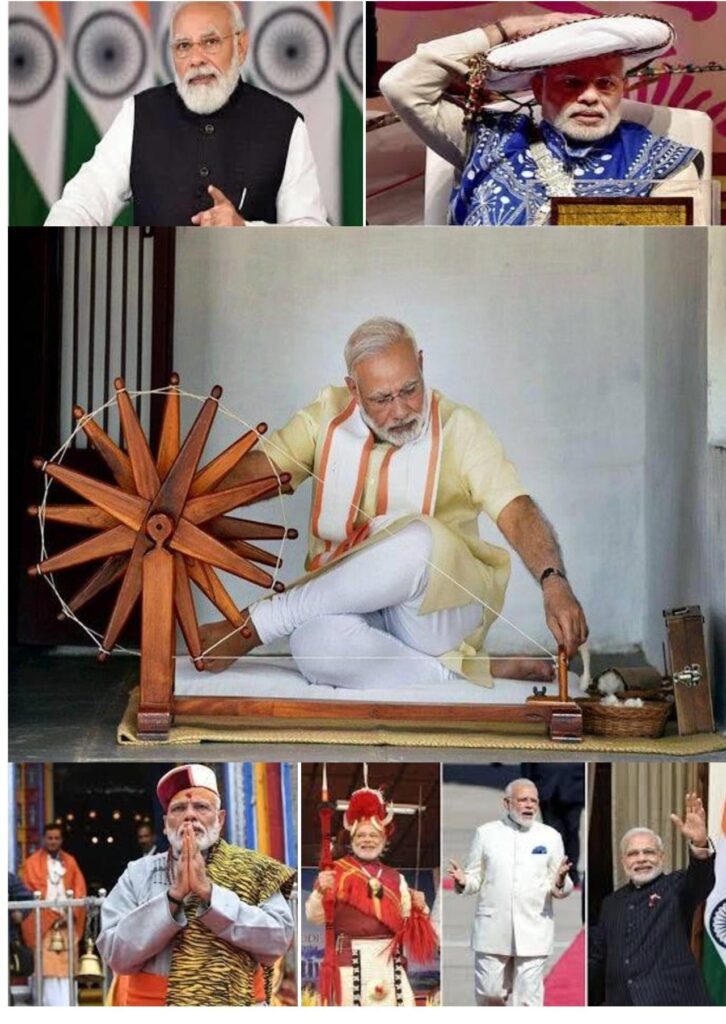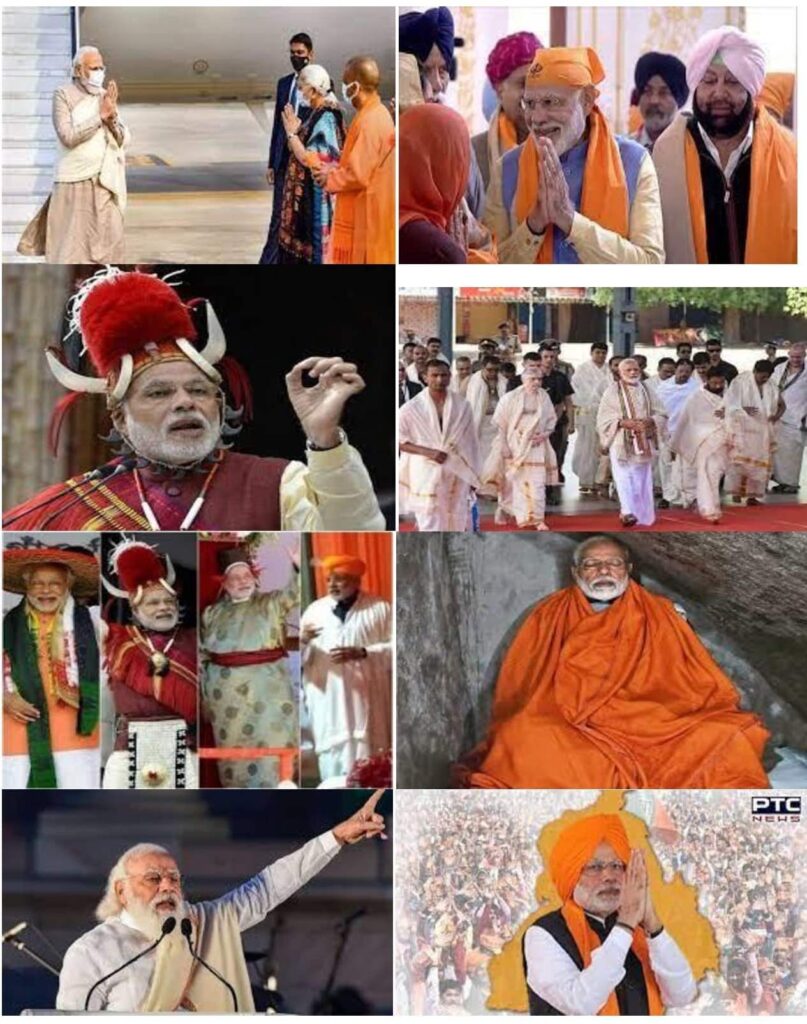To the Jews I became like a Jew, to win the Jews. To those under the law, I became like one under the law (though I myself am not under the law), so as to win those under the law. 21 To those not having the law I became like one not having the law (though I am not free from God’s law but am under Christ’s law), so as to win those not having the law. 22 To the weak I became weak, to win the weak. I have become all things to all people so that by all possible means I might save some.


If people like you—because they sense that you like them, or because of things you have in common—they’re more apt to say yes to you.
Generally, people are inclined to favor and comply with whom they like. A good illustration of this principle is the Tupperware party, in which this salesperson, invites their friends, relatives, and neighbors to their homes to pitch useful household plastic products. A study done by Frenzen and David confirmed what the Tupperware corporation knew all along., guests’ liking for their hostesses was twice as important as was their opinion of the products in influencing their purchase decision. The researcher identifies four elements to determining their fondness for another person: physical attractiveness, similarity, cooperation, and the extent to which we feel the person likes us.
Joe Girard, the world’s greatest salesperson, reveals the secret to his unparalleled achievement.

Born into poverty, Joe Girard sold 13,001 cars over the course of 15 years—not fleet sales but sales to individual car buyers. He holds the Guinness World Record for being the world’s greatest salesman. In 1973, he sold 1,425 cars, and in one month, he sold 174—a record that still stands today. HBR senior editor M. Ellen Peebles spoke with Girard about overcoming personal hardship and how he created thousands of relationships, one at a time. Now out of the car business, he speaks to people around the world about how to sell.
Most car salespeople sell four or five cars a month. You averaged six or more cars a day for years. How is that possible?
When you bought a car from me, you didn’t get just a car. You got me. I would break my back to service a customer; I’d rather service a customer than sell another car. After a few years, there was pandemonium outside my office, there were so many people waiting to see me. So I started seeing people by appointment only. And the reason people were willing to wait a week for an appointment rather than go buy from someone else right away is because they knew that if they got a lemon, I would turn it into a peach.
People are sick to death of sitting around in service departments. When I was selling cars, my right-hand man could go to the service department while the customer’s car was at the curb and get three or four mechanics to come right out with toolboxes and take care of the customer in 25 minutes. Sometimes they would install $15 or $20 worth of parts—a lot of money back then—and the customer would say, “How much do I owe you?”
“Nothing,” I’d say. “I love you. Just come back.”
You get service like that, where are you going to buy next time? That’s what makes businesses big: word of mouth. If you create it, it’ll make you. If you don’t, it’ll break you.
And the reason I could get the mechanics to come out right away is that I loved them, and I let them know. I made a deal with a nice Italian restaurant, and every third Wednesday I would take all of the service people to dinner—the people who wrote up the service orders, mechanics, the parts department, everyone. I would eat with them and tell them how much I appreciated them, how much I loved them. Once a year, I invited all the service people and their families over to a big barbecue at my house, to eat with me and my family. This is something that all executives should think about: There are service people in every company. They are the ones you wine and dine.
You say you love your customers. What if they aren’t so likable?
It’s like a marriage. You need to like each other. And if you treat people right, you will love them. I told my customers that I liked them, that I loved them, all the time. I would send a card every month with a different picture, a different greeting, and the card would say, “I like you.” I would close a sale, and I would say to my customer, “I love you.” I even gave them buttons that said “I like you.” People may have had to wait for an appointment, but when I was with them, I was with them body and soul.
I grew up in the ghettos of Detroit. I started selling cars in 1963 at the age of 35. I was out of a job, had no savings, and was in serious debt after a failed home construction business, and my wife told me there was no food in the house to feed our children. I pleaded with a local car dealer for a desk and a phone and promised that I would not take business away from any of the other salespeople. I wore my finger black dialing a rotary phone trying to get leads, and that night, when all the other salesmen had gone home, I saw a customer walk in the door.
What I saw was a bag of groceries walking toward me. I literally got down on my hands and knees and begged, and I made my first sale. The customer said that with everything he had bought over the years—insurance, houses, cars—he had never seen anyone beg like that. Then I borrowed $10 from my boss against my commission and bought food for my family. So I appreciate every person who bought from me so much. I would tell them, “I thank you, and my family thanks you. I love you.”
Physical Attractiveness & Similarity:
Most people possess average looks. After all, you are created in the image and likeness of God. You are unique and the best. So, you must keep yourself groomed in honor of the creator. The entire personality attracts people. There are several, and one of the most influential is similarity. You like people who are similar to you. This fact seems to hold true whether the similarity is in the area of opinions, personality traits, background, or lifestyle. Consequently, those who wish to be liked in order to increase our compliance can accomplish that purpose by appearing similar to you in any of a wide variety of ways.
Dress is a good example. Several studies have demonstrated that you are more likely to help those who dress like you.
Compliance: It is to claim that they have backgrounds and interests similar to yours. Car salesmen, for example, are trained to look for evidence of such things while examining the customer’s trade-in. The automaker announced the sale of 6486 units (domestic and export ) in the period of April to July in 2021 which is significantly higher than 2311 units sold in the corresponding period a year ago Force Motor announced 181% sales growth in the April to July period 2021.
Force Motors gained 3.92% to Rs 1,090 after the company’s domestic sales jumped 31% to 1,709 units in May 2022 from 1,306 units sold in May 2021. One of the reasons for increase in the sales is a Gurkha owners’ event. You may have a glimpse of an event attended by one of my senior colleagues SBA, Mr. Lalit Singh Rawat.

One researcher who examined the sales records of insurance companies found that customers were more likely to buy insurance when the salesperson was like them in such areas as age, religion, politics, and cigarette smoking habits. Because even small similarities can be effective in producing a positive response to another and because a veneer of similarity can be so easily manufactured. Many sales training programs now urge trainees to“mirror and match” the customer’s body posture, mood, and verbal style, as similarities along each of these dimensions have been shown to lead to positive results.
Compliments:
fancies us can be a bewitchingly effective device for producing return liking and willing compliance. So, often in terms of flattery or simple claims of affinity, we hear positive estimations from people who want something from us.
Contact and Cooperation:
For the most part, we like things that are familiar to us. the more familiar face—your friend to the one the world sees, and you to the transposed one you find in the mirror every day. Because of its effect on liking, familiarity plays a role in decisions about all sorts of things, You may buy things because the name seems familiar. The greater liking leads to greater social influence, these subjects were also more persuaded by the opinion statements of the individuals whose faces had appeared on the screen most frequently.
On the basis of evidence that we are more favorable toward the things we have had contact with, some people have recommended a “contact” approach to improving race relations. They argue that simply providing individuals of different ethnic backgrounds with more exposure to one another as equals, those individuals will naturally come to like each other better.
Conditioning and Association:
The principle of association is a general one, governing both negative and positive connections. An innocent association with either bad things or good things will influence how people feel about us. Pavlov’s most important experimental demonstration was simplicity itself. He showed that he could get an animal’s typical response to food (salivation) to be directed toward something irrelevant to food (a bell) merely by connecting the two things in the animal’s mind. If the presentation of food to a dog was always accompanied by the sound of a bell, soon the dog would salivate to the bell alone, even when there was no food to be had. It is not a long step from Pavlov’s classic demonstration to Razran’s luncheon technique. Obviously, a normal reaction to food can be transferred to some other thing through the process of raw association. Razran’s insight was that there are many normal responses to food besides salivation, one of them being a good and favorable feeling. Therefore, it is possible to attach this pleasant feeling, this positive attitude, to anything that is closely associated with good food. Nor is there a long step from the luncheon technique to the compliance professionals’ realization that all kinds of desirable things can substitute for food in lending their likable qualities to the ideas, products, and people artificially linked to them. You may consider the unit meeting of agents in LIC OF INDIA as one of the examples of luncheon techniques.
Have you experienced the principle of liking to create value in your life, please comment on the comment box.

